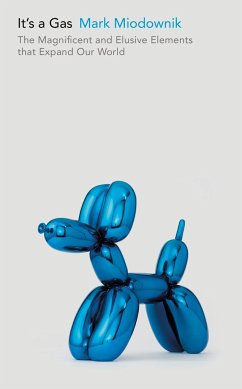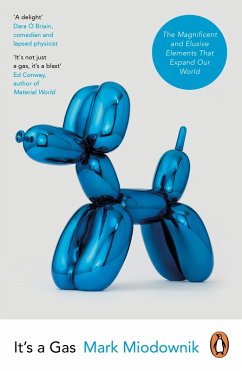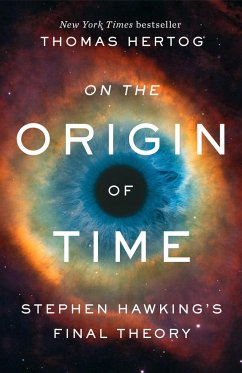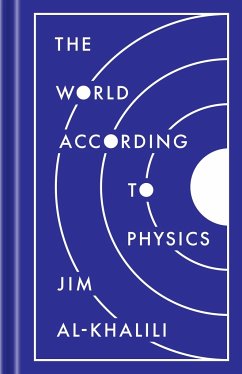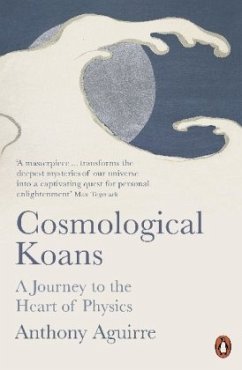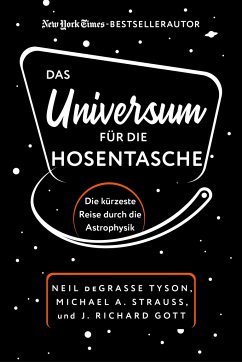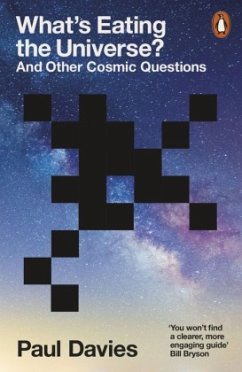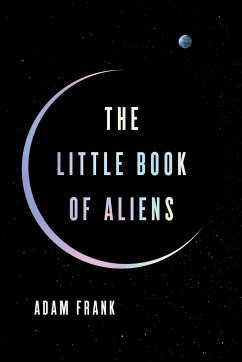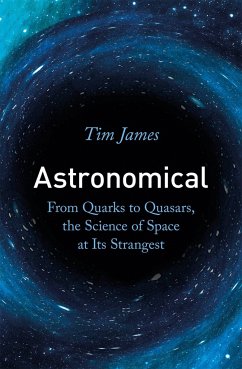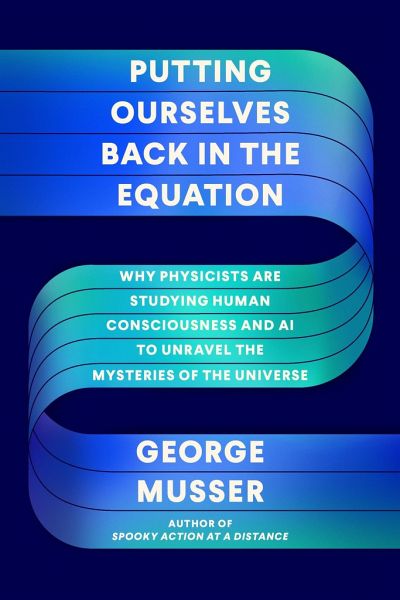
Putting Ourselves Back in the Equation
Why Physicists Are Studying Human Consciousness and AI to Unravel the Mysteries of the Universe
Versandkostenfrei!
Versandfertig in über 4 Wochen
22,99 €
inkl. MwSt.
Weitere Ausgaben:

PAYBACK Punkte
11 °P sammeln!
"This is a delightful account of one of the deepest and most fascinating explorations going on today at the frontier of our knowledge." -Carlo Rovelli, bestselling author of The Order of Time and Seven Brief Lessons on Physics"Musser knows that the point of popular science is [. . .] to get a sense of what's at stake, what kinds of answers are being offered to difficult questions, and why it all matters. One could not ask more of Putting Ourselves Back in the Equation-on all three counts it delivers." -Julian Baggini, The Wall Street JournalA revelatory exploration of how a "theory of everythi...
"This is a delightful account of one of the deepest and most fascinating explorations going on today at the frontier of our knowledge." -Carlo Rovelli, bestselling author of The Order of Time and Seven Brief Lessons on Physics
"Musser knows that the point of popular science is [. . .] to get a sense of what's at stake, what kinds of answers are being offered to difficult questions, and why it all matters. One could not ask more of Putting Ourselves Back in the Equation-on all three counts it delivers." -Julian Baggini, The Wall Street Journal
A revelatory exploration of how a "theory of everything" depends upon our understanding of the human mind.
The whole goal of physics is to explain what we observe. For centuries, physicists believed that observations yielded faithful representations of what is out there. But when they began to study the subatomic realm, they found that observation often interferes with what is being observed-that the act of seeing changes what we see. The same is true of cosmology: our view of the universe is inevitably distorted by observation bias. And so whether they're studying subatomic particles or galaxies, physicists must first explain consciousness-and for that they must turn to neuroscientists and philosophers of mind.
Neuroscientists have painstakingly built up an understanding of the structure of the brain. Could this help physicists understand the levels of self-organization they observe in other systems? These same physicists, meanwhile, are trying to explain how particles organize themselves into the objects around us. Could their discoveries help explain how neurons produce our conscious experience?
Exploring these questions and more, George Musser tackles the extraordinary interconnections between quantum mechanics, cosmology, human consciousness, and artificial intelligence. Combining vivid descriptive writing with portraits of scientists working on the cutting edge, Putting Ourselves Back in the Equation shows how theories of everything depend on theories of mind-and how they might be one and the same.
"Musser knows that the point of popular science is [. . .] to get a sense of what's at stake, what kinds of answers are being offered to difficult questions, and why it all matters. One could not ask more of Putting Ourselves Back in the Equation-on all three counts it delivers." -Julian Baggini, The Wall Street Journal
A revelatory exploration of how a "theory of everything" depends upon our understanding of the human mind.
The whole goal of physics is to explain what we observe. For centuries, physicists believed that observations yielded faithful representations of what is out there. But when they began to study the subatomic realm, they found that observation often interferes with what is being observed-that the act of seeing changes what we see. The same is true of cosmology: our view of the universe is inevitably distorted by observation bias. And so whether they're studying subatomic particles or galaxies, physicists must first explain consciousness-and for that they must turn to neuroscientists and philosophers of mind.
Neuroscientists have painstakingly built up an understanding of the structure of the brain. Could this help physicists understand the levels of self-organization they observe in other systems? These same physicists, meanwhile, are trying to explain how particles organize themselves into the objects around us. Could their discoveries help explain how neurons produce our conscious experience?
Exploring these questions and more, George Musser tackles the extraordinary interconnections between quantum mechanics, cosmology, human consciousness, and artificial intelligence. Combining vivid descriptive writing with portraits of scientists working on the cutting edge, Putting Ourselves Back in the Equation shows how theories of everything depend on theories of mind-and how they might be one and the same.




